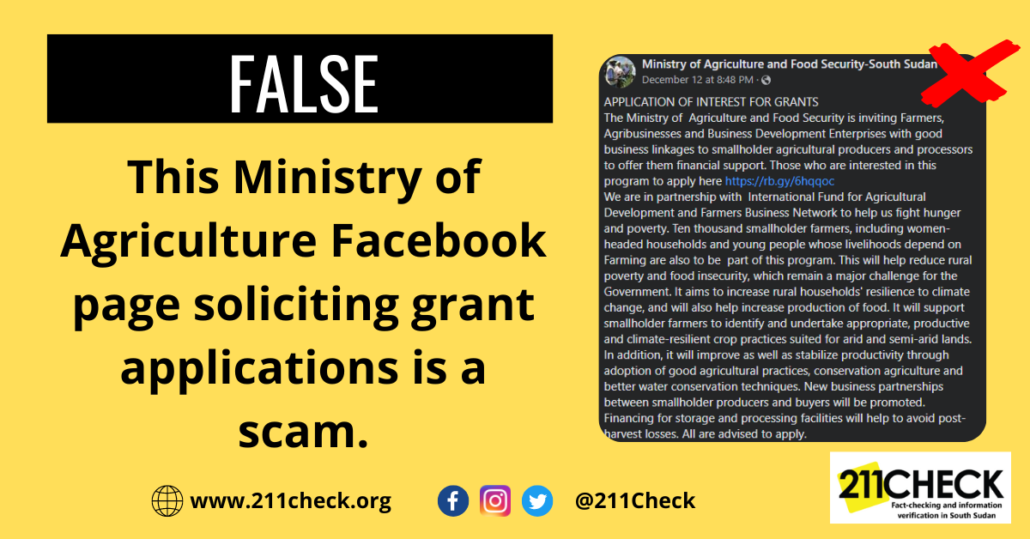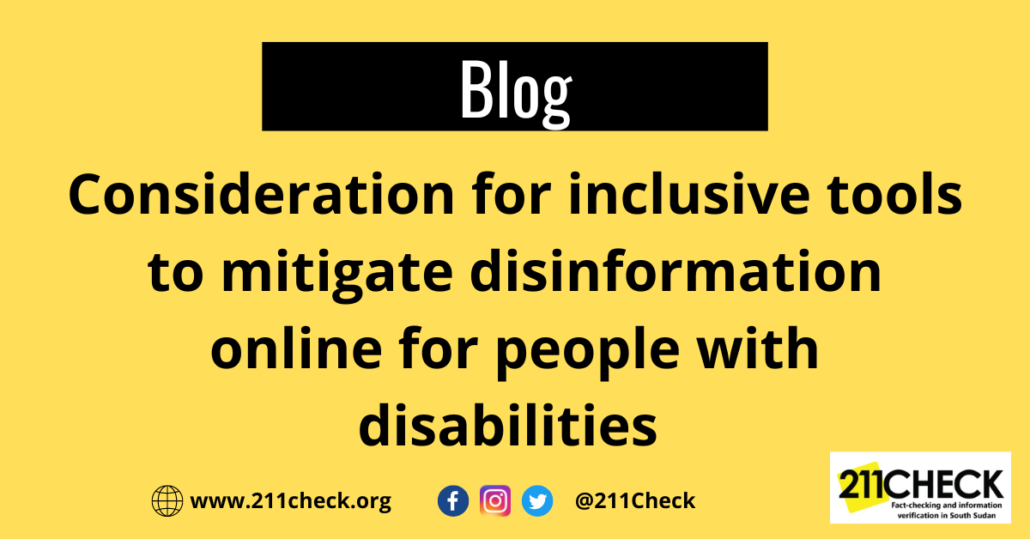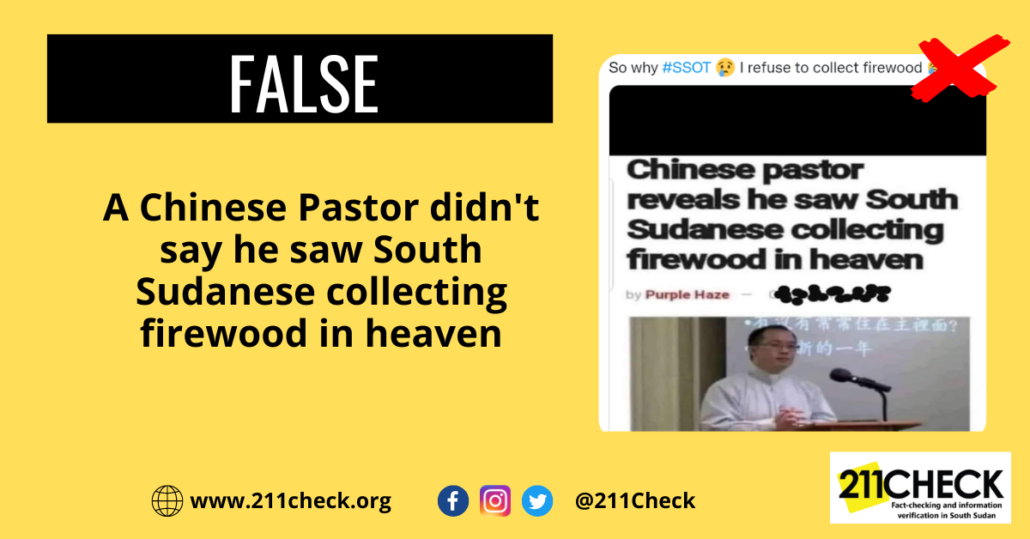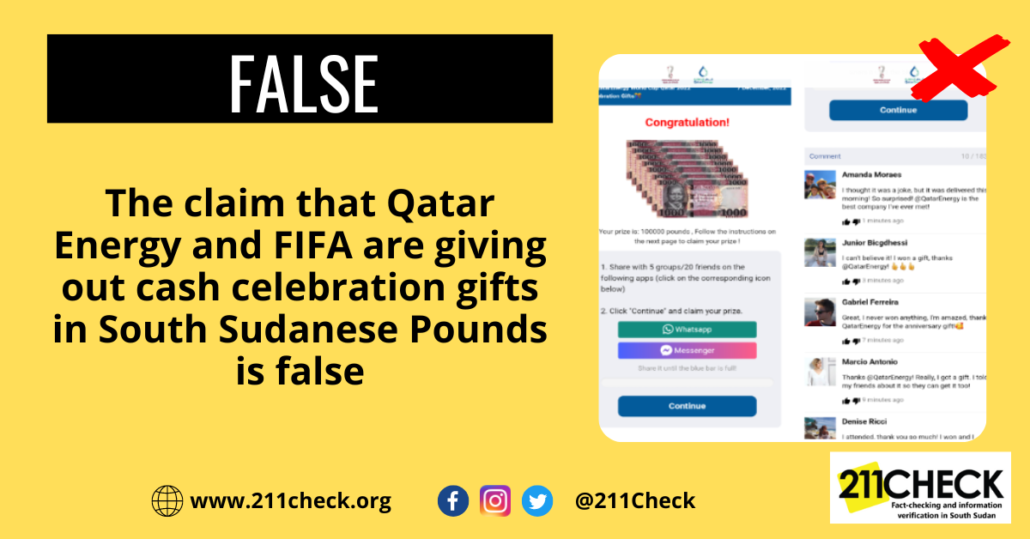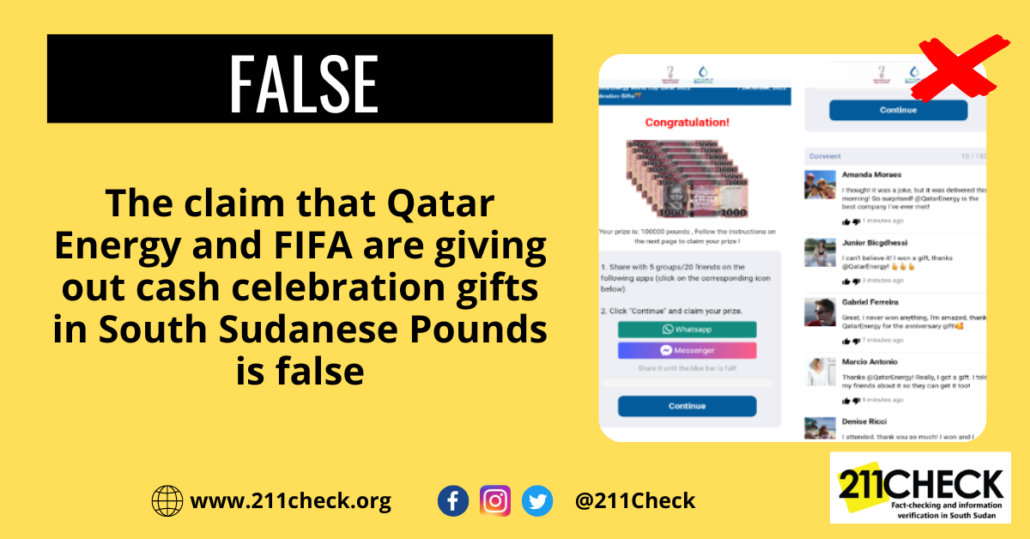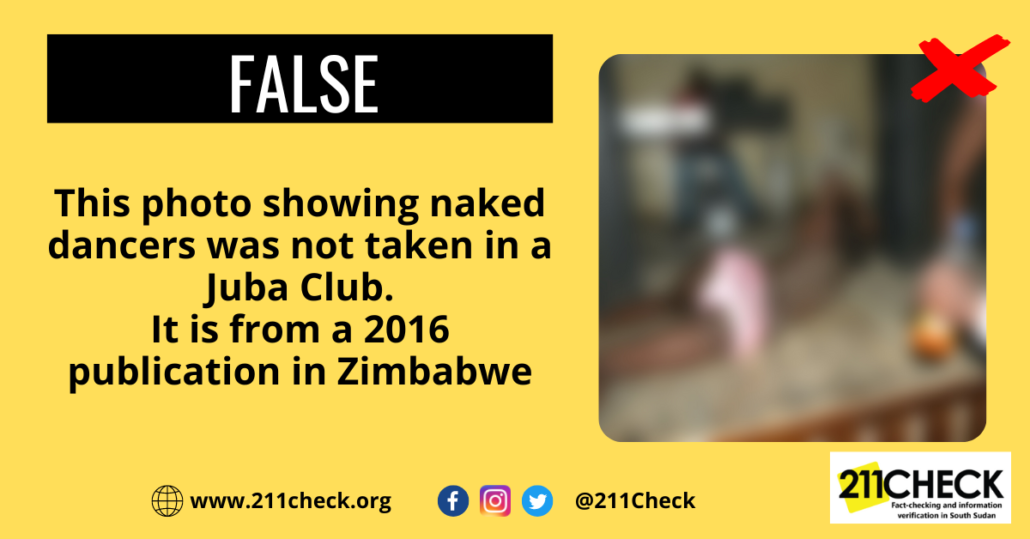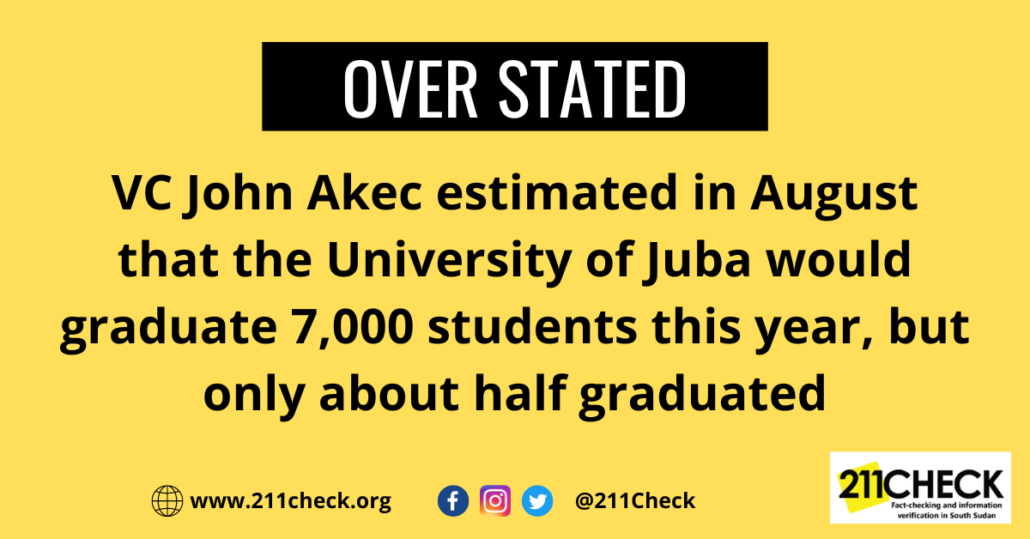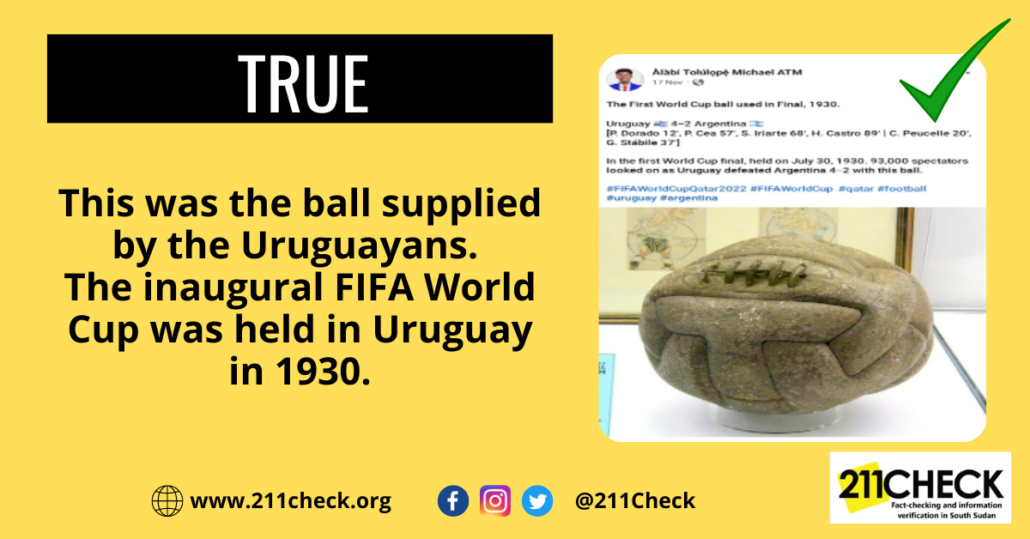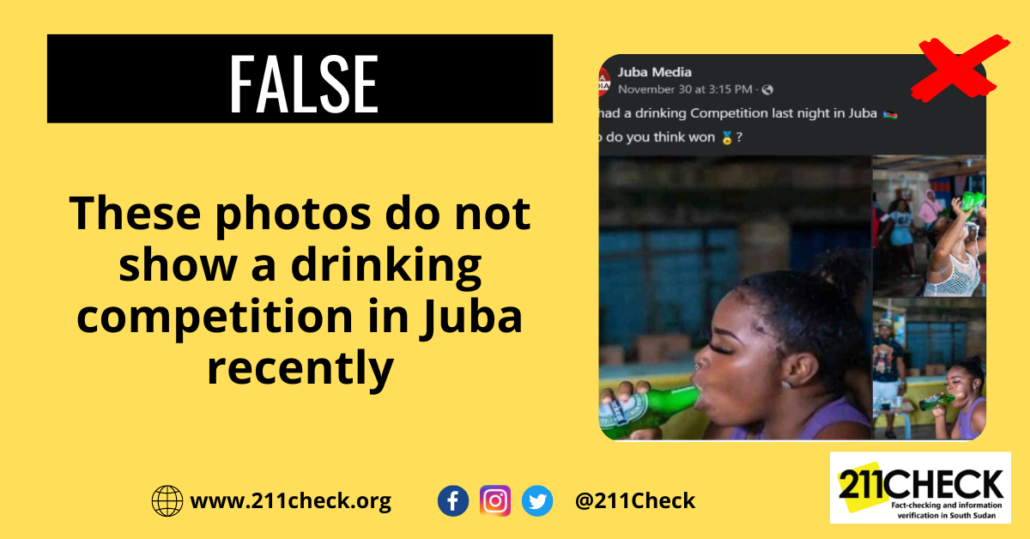Fact-check: This Ministry of Agriculture Facebook page soliciting grant applications is a scam.
This page poses as the Ministry of Agriculture and Food Security, gathering personal and business information via a Google Form that could be used to commit cybercrime against the victims.
Writer: Ochaya Jackson
A Facebook post by a page purporting to be the Ministry of Agriculture and Food Security – South Sudan making rounds online about financial support for smallholder agricultural producers is false.
The claim, which called for an “application of interest for grant” from farmers, agribusiness and business enterprises, charged that the move is in partnership with the international fund for agricultural development and farmers’ business network, which targets ten thousand smallholder farmers, women households and youth whose lives rely on farming.
“The Ministry of Agriculture and Food Security is inviting Farmers, Agribusinesses and Business Development Enterprises with good business linkages to smallholder agricultural producers and processors to offer them financial support,” part of the application post on December 12th, 2022 reads which directed applicants to apply using uniform resource locator or URL.
“We are in partnership with [the] International Fund for Agricultural Development and Farmers Business Network to help us fight hunger and poverty. Ten thousand smallholder farmers, including women-headed households and young people whose livelihoods depend on Farming, are also to be part of this program,” the application post adds an accompanying picture of six individuals perhaps taken in a meeting.
The application URL, which the claim directs applicants to apply through when clicked, takes to a Google-designed document form with three sections.
The first section presents questionnaires to collect personal information (name, email, contacts and so on), the second section gathers agricultural farming details, and the third one requires financial support input where one puts the amount of money he or she wants, and selects an option for the use of the money then submit it.
The International Fund for Agricultural Development and Farmers Business Network, which the post claimed the Ministry of Agriculture and Food Security – South Sudan is in partnership with to offer the grant, is non-existing. This was after a keyword search on [International Fund for Agriculture Development and Farmers Business Network] was performed on the Google search engine. There only exists Farmers Business Network | FBN, which helps family farmers maximise their farm’s profit potential by leveraging technology to reduce the cost of production and maximise the value of crops.
However, the claim appeared to impersonate the International Fund for Agricultural Development, a specialised agency of the United Nations, founded in 1974 after the world food conference. In addition, there needs to be more information about grant offers and partnerships with the Ministry of Agriculture and Food Security of South Sudan to assist farmers and other agribusiness entities on its website.
South Sudan’s government institution, the Ministry of Agriculture and Food Security, does not have an official Facebook page or a website; the page being run in its name is managed by fraudsters.
Conclusion:
The claim that the Ministry of Agriculture and Food Security is providing grants to farmers and other agribusiness entities in conjunction with the international fund for agricultural development and farmers’ business network is false.
This fact-check was published by 211 Check with support from Code for Africa’s PesaCheck and the African Fact-Checking Alliance.

